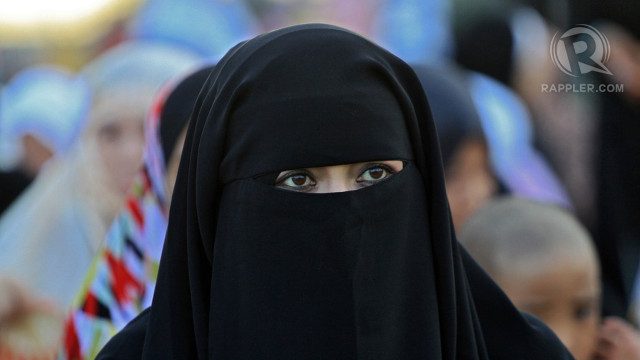SUMMARY
This is AI generated summarization, which may have errors. For context, always refer to the full article.

JERUSALEM – Israel is tightening security in flashpoint mixed Jewish-Muslim areas to ward off possible unrest this weekend when two important religious festivals coincide for the first time in three decades
The Jewish holiday of Yom Kippur begins on Friday evening, followed on Saturday by Muslim Eid al-Adha, against a backdrop of high inter-religious tension over the seven-week Gaza war.
Israeli security forces have said they will deploy additional personnel in east Jerusalem and the West Bank city of Hebron.
The authorities have also come to agreements with the Jewish and Muslim communities in mixed Israeli cities on the timing of celebrations.
A potential trigger for clashes is the difference between how the Muslim and Jewish occasions are marked.
While Muslims celebrate with outings to see friends and family as well as feasting, Jews spend 25 hours in prayer and fasting and refrain from driving.
Anyone driving on Yom Kippur risks stone throwing by observant Jews who have even been known to attack Israeli ambulances and police vehicles.
The clash of festivals has not occurred for 33 years because the two faiths use different lunar calendars.
This time it follows a 50-day conflict in and around Gaza that killed nearly 2,200 Palestinians and more than 70 Israelis, ending with a ceasefire on August 26.
In east Jerusalem, additional police officers will be deployed around the flashpoint Al-Aqsa mosque compound, police spokeswoman Luba Samri told Agence France-Presse.
The site – the third holiest place in Islam, and the holiest in Judaism – is the scene of frequent confrontations between police and stone-throwing Palestinian youths.
Israeli security forces control access to the site, and will allow Muslims to enter on Saturday for dawn prayers, Samri said.
Army checkpoints
In the city of Hebron, which sees daily confrontations between Jewish settlers and Palestinians – or between Palestinians and police – soldiers will be manning dozens of checkpoints.
Worshippers from both faiths are to head for the Ibrahimi Mosque, or known by Jews as the Cave of the Patriarchs – the scene of a massacre of 29 Muslims by a Jewish extremist gunman in 1994.
It is split, with one section used as a mosque and the other as a synagogue, often with the two faiths allowed entry on different days.
Mosque director Hijazi Abu Sneineh told AFP that Muslim prayer – normally not allowed on Saturdays, the Jewish day of rest – will this Eid be permitted at dawn.
The entire site will be reserved for Jewish worship on Friday, and for Muslim worship on Sunday, he said.
In the northern Israeli town of Acre, local Muslim official Abbas Zakur told AFP an agreement had been reached between the two communities on the timing of celebrations.
Muslims would celebrate and feast on Sunday, but from Saturday small electric cars will be provided for those wishing to go to the mosque to pray.
The electric cars would create less noise than motorized vehicles and would be less likely to upset religious Jews, Zakur explained.
The old city of Acre would be closed to all traffic, Zakur said.
Riots erupted on Yom Kippur in 2008 when an Arab resident drove through an observant Jewish neighborhood blaring music from his car stereo.
In other cities, including the mixed neighborhood of Jaffa in greater Tel Aviv, Muslim celebrations will be permitted from Saturday evening, just as the Jewish fast is due to end, Samri said. – Rappler.com
Add a comment
How does this make you feel?
There are no comments yet. Add your comment to start the conversation.